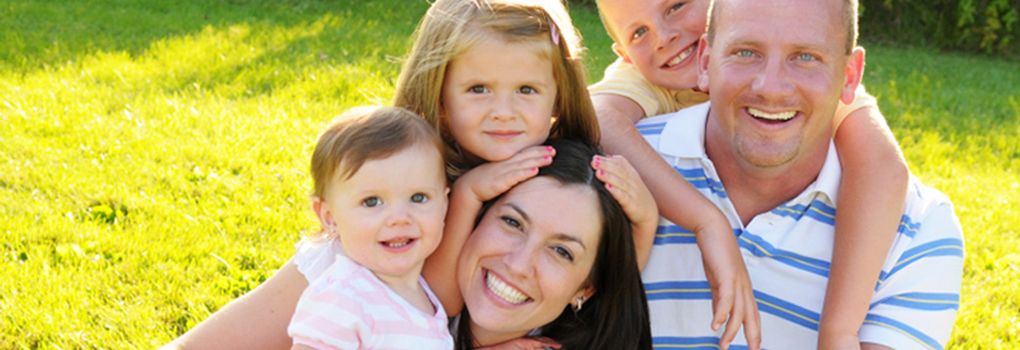Oral cancer will affect more than 53,000 Americans this year. The signs of oral cancer are somewhat easy to spot, but they are also things you may assume are benign.
During your routine dental cleanings and examinations, your dentist and hygienist are checking for signs that you might be developing oral cancer. Regular screenings are essential; early detection can lead to a better prognosis for all types of cancer. Read through this list of potential signs of oral cancer. Keep in mind that all of these symptoms may also have benign causes; having one or more means that you should see your dentist soon, not necessarily that you have cancer.
Sores That Do Not Heal
You might get canker sores or an inflamed area on your cheek from biting down on it; these are common and not a problem. If you have a sore that does not heal within two weeks, however, it’s time to make an appointment with your dentist.
Lumps and Bumps
Many different types of lumps and bumps might occur in the mouth that require little or no treatment. Bony protrusions called tori, small blisters on the inside of your lip, or inflamed taste buds are all common and usually harmless. If you notice a lump or a thickening that wasn’t there before, however, it’s best to get it checked.
Numbness and Tingling
If you notice a sudden or gradual numbness or tingling sensation in your mouth, tongue, or throat, you should have it evaluated by a dentist or your doctor. This can happen due to problems with TMJ or occasionally after dental treatment. However, in some cases, numbing is indicative of a more severe problem.
Difficulty Chewing or Swallowing
If you feel swelling or feel like something is caught in your throat, make a dentist appointment — especially if that feeling impacts eating or swallowing for more than a few days. Of course, if your breathing is affected or you can’t swallow at all or can barely swallow, call 911 or go to the emergency room!
Risk Factors for Oral Cancer
There are a few risk factors that you should know when it comes to oral cancer. If any of these apply, inform your dentist during visits and make sure to stick to your six-month checkups. It’s important to remember that anyone can get oral cancer; these risk factors just make it a more likely possibility, and they include:
- Age over 40 years old
- A history of smoking or chewing tobacco, particularly if you also drink alcohol.
- A history of human papillomavirus (HPV)
- A history of skin or other types of cancer
If you are concerned about the possibility of developing oral cancer, give us a call, and we can conduct a screening. You can also ask about the symptoms and signs when you’re in for your next routine visit.













